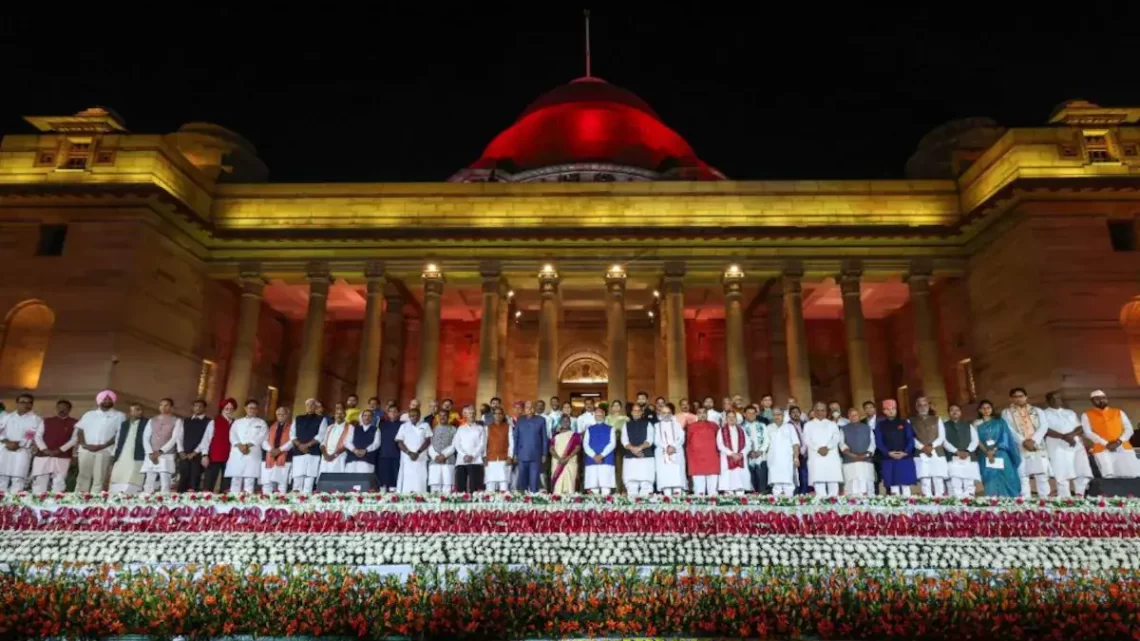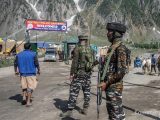
Controversy Surrounds Modi’s New Cabinet Excluding Muslims
June 10, 2024Indian Prime Minister Narendra Modi has sparked criticism and accusations of bias by excluding Muslims from his newly formed cabinet. According to Indian media reports, the new government consists of 30 ministers and 41 ministers of state, none of whom are Muslim. This exclusion has raised concerns about representation and inclusivity in Modi’s administration.
The first cabinet meeting is scheduled to take place this evening, during which the Cabinet will request President Draupadi Murmu to convene a parliamentary session soon. Analysts predict that Modi’s government will face significant challenges in building consensus on controversial political issues due to the strong opposition.
Narendra Modi recently took the oath of office for his third consecutive term as Prime Minister, with President Draupadi Murmu officiating the ceremony. Despite Modi’s electoral success, the absence of Muslim representation in his cabinet has led to widespread criticism from various quarters.
This decision to exclude Muslims from the cabinet is seen by many as indicative of a broader pattern of bias against the Muslim community in India. Critics argue that this move further marginalizes a significant segment of the Indian population and undermines the principles of diversity and inclusion that are foundational to a democratic society.
Muslims, who make up approximately 14% of India’s population, have historically been underrepresented in the country’s political landscape. The exclusion from the cabinet exacerbates concerns about their political disenfranchisement and raises questions about the government’s commitment to representing all communities fairly.
The lack of Muslim representation in Modi’s cabinet is likely to intensify existing tensions and deepen the divide between the government and the Muslim community. It also poses a challenge for the Modi administration in terms of policy-making and governance, as addressing the needs and concerns of all citizens is crucial for social cohesion and national unity.
Furthermore, this exclusion may complicate the government’s efforts to address and resolve contentious issues. The strong opposition, which includes voices advocating for minority rights, is expected to push back against policies perceived as discriminatory or exclusionary. Building consensus in such a polarized environment will require considerable political skill and a commitment to inclusive governance.
To conclude, Narendra Modi’s decision to exclude Muslims from his cabinet has drawn significant criticism and highlighted issues of representation and bias in Indian politics.

